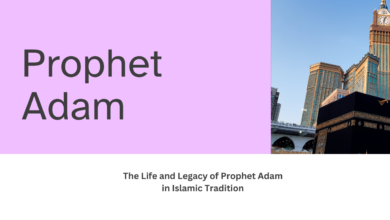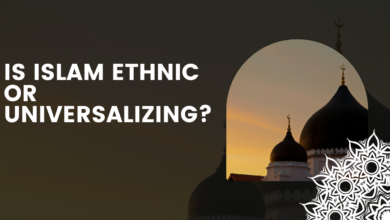What is Hinduism Religion?
Unraveling the Complexities of Hinduism: Beliefs, Practices, and Cultural Significance
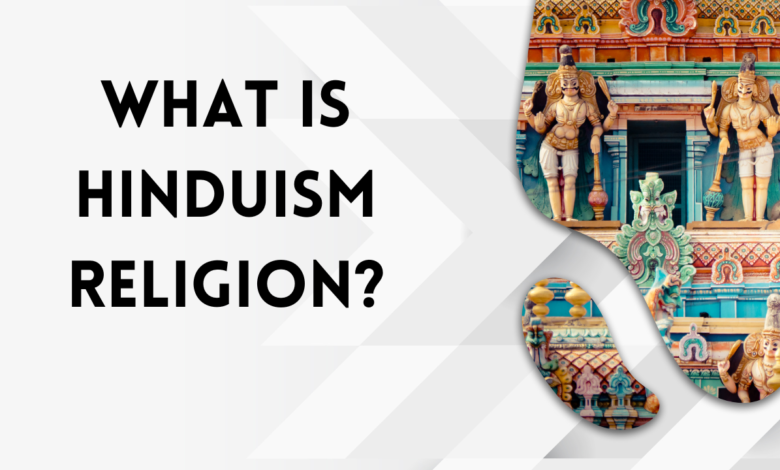
What is Hinduism Religion?
Hinduism is one of the world’s oldest religions, a complex and diverse system of beliefs, practices, and philosophies that originated in the Indian subcontinent over 4,000 years ago.
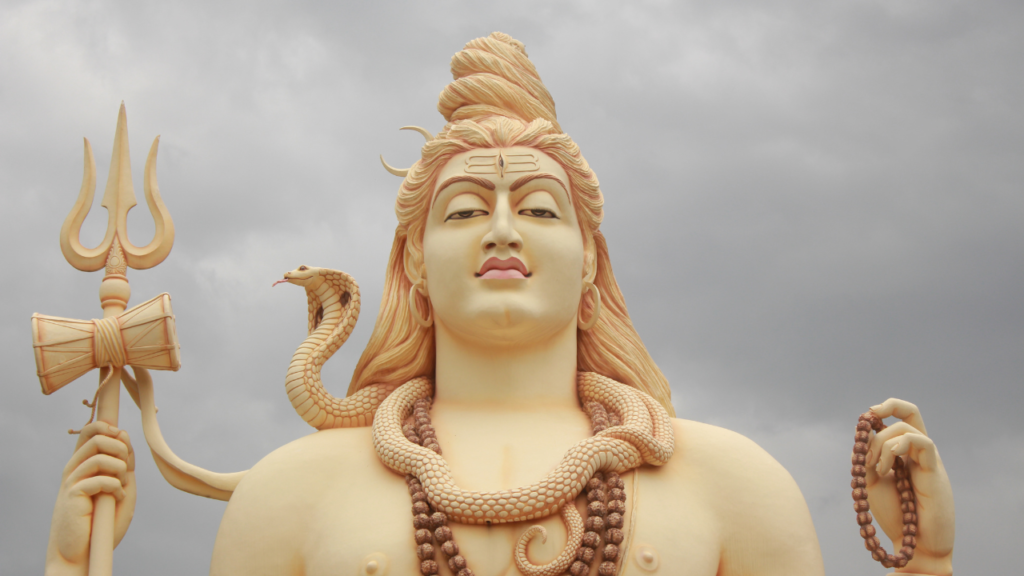
Introduction
Hinduism, one of the world’s oldest and most diverse religions, is a tapestry of beliefs, practices, and philosophies that have evolved over thousands of years. It is a complex and multifaceted tradition that has shaped the cultural and spiritual landscape of the Indian subcontinent. In this article, we will explore the essence of Hinduism, its key beliefs, practices, and the role it plays in the lives of millions of people.
Historical Context
Hinduism’s origins are deeply rooted in the ancient history of the Indian subcontinent. Unlike many other major world religions, Hinduism lacks a single founder or a specific historical event that marks its beginning. Instead, it has developed organically over several millennia, with its roots stretching back over 4,000 years.
Hinduism has evolved through various stages, absorbing and synthesizing a wide range of beliefs and practices. As a result, it encompasses an extensive and diverse collection of beliefs, rituals, and philosophies, making it one of the most pluralistic religions in the world.
Also check.
- What’s the difference between Catholic and Christian?
- What Is a Christian?
- Where did Islam Originate?
- When was Islam Founded?
- What is Islamism?
Key Beliefs of Hinduism
- Dharma: Dharma is a central concept in Hinduism, and it refers to the moral and ethical duties and responsibilities that individuals must uphold. Dharma varies from person to person, depending on their age, caste, gender, and life circumstances.
- Karma: The belief in karma is another cornerstone of Hinduism. It holds that every action has consequences, and individuals are responsible for the outcomes of their actions. Good deeds lead to positive karma, while bad deeds result in negative karma.
- Reincarnation: Hindus believe in the cycle of birth, death, and rebirth, known as samsara. The quality of one’s next life is determined by their accumulated karma. Liberation from this cycle, known as moksha, is the ultimate spiritual goal.
- Gods and Goddesses: Hinduism is known for its vast pantheon of deities, with three principal gods: Brahma (the creator), Vishnu (the preserver), and Shiva (the destroyer). Additionally, there are numerous other gods and goddesses, each representing different aspects of the divine.
- Hindu Scriptures: Hinduism is associated with a rich literary tradition that includes ancient texts like the Vedas, Upanishads, Bhagavad Gita, and epics like the Ramayana and Mahabharata. These texts serve as a source of spiritual guidance, philosophy, and mythology.
Practices and Rituals
Hindu religious practices are as diverse as its beliefs. Some common rituals and customs include:
- Puja: Devotees engage in daily worship of deities through rituals known as puja. These rituals often involve offering flowers, incense, and food to the gods and goddesses.
- Yoga and Meditation: Hinduism has greatly influenced the practice of yoga and meditation, which are seen as means to attain spiritual growth and self-realization.
- Festivals: Hinduism boasts a multitude of colorful and vibrant festivals, such as Diwali, Holi, and Navaratri, each celebrating different aspects of life and spirituality.
- Pilgrimages: Pilgrimages to sacred places and temples are an integral part of Hindu practice. Varanasi, Rishikesh, and Tirupati are some of the most revered pilgrimage sites.
- Caste System: The caste system, although officially abolished in India, still influences certain aspects of Hindu society, especially in rural areas. It is based on a hierarchical division of labor and social roles.
Hinduism and the Modern World
Today, Hinduism is not confined to the Indian subcontinent. It has spread across the globe due to immigration and the influence of Indian culture. The religion’s inclusivity, adaptability, and capacity to coexist with various belief systems have contributed to its enduring appeal.
In conclusion, Hinduism is a multifaceted and ancient religion characterized by a rich tapestry of beliefs, rituals, and philosophies. It encompasses a broad spectrum of practices, from the worship of deities to the pursuit of spiritual liberation. Its influence is seen not only in religious practices but also in Indian art, literature, and culture. As a dynamic and evolving tradition, Hinduism continues to shape the lives of millions and remains a vital part of the global spiritual landscape.
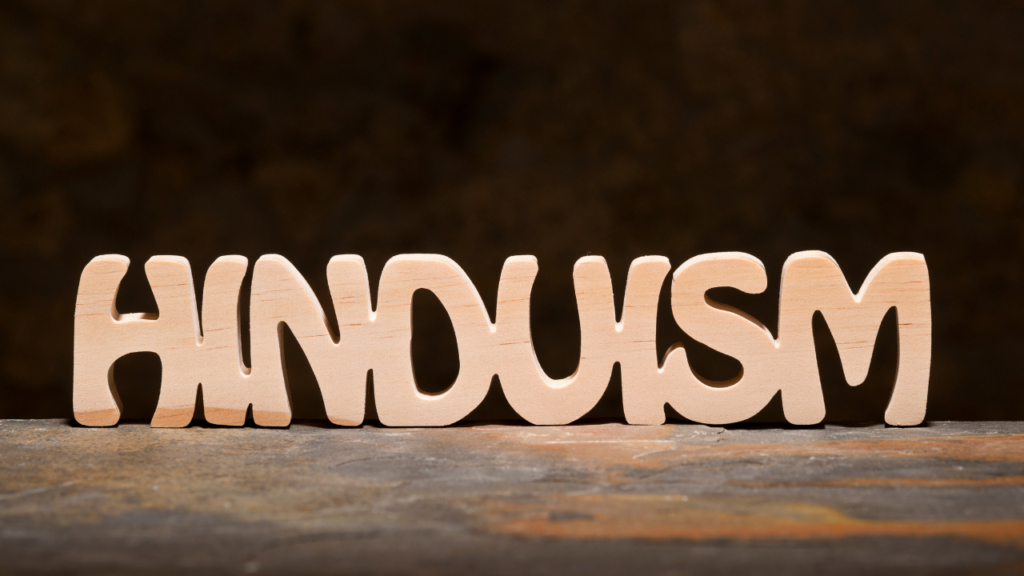
FAQs
What is Hinduism?
Hinduism is one of the world’s oldest religions, a complex and diverse system of beliefs, practices, and philosophies that originated in the Indian subcontinent over 4,000 years ago.
Are there multiple gods in Hinduism?
Yes, Hinduism is known for its pantheon of gods and goddesses. Three principal deities are Brahma (the creator), Vishnu (the preserver), and Shiva (the destroyer), but there are numerous other deities representing various aspects of the divine.
What are the core beliefs of Hinduism?
The core beliefs of Hinduism include karma (the law of cause and effect), dharma (duty and moral responsibility), reincarnation (the cycle of birth and rebirth), and the ultimate goal of moksha (liberation from the cycle of rebirth).
Are there sacred texts in Hinduism?
Yes, Hinduism has a vast collection of sacred texts, including the Vedas, Upanishads, Bhagavad Gita, and epics like the Ramayana and Mahabharata. These texts are revered as sources of spiritual guidance, philosophy, and mythology.
What is the role of rituals in Hinduism?
Rituals, known as puja, are an integral part of Hindu worship. They involve offerings to deities, including flowers, incense, and food, and play a crucial role in the expression of devotion.
Do all Hindus practice yoga and meditation?
While not all Hindus practice yoga and meditation, these practices have their roots in Hinduism and are widely embraced by both Hindus and people of other faiths for their physical, mental, and spiritual benefits.
What is the caste system in Hinduism?
The caste system is a social hierarchy that has influenced Indian society for centuries. It categorizes people into specific occupational groups or castes, with roles and privileges varying by caste. Although officially abolished in India, it still has some influence in certain areas.
What are some major Hindu festivals?
Hinduism celebrates a wide range of festivals, including Diwali (Festival of Lights), Holi (Festival of Colors), Navaratri, and many more, each with its unique significance and traditions.
Is Hinduism practiced outside of India?
Yes, Hinduism has spread to various parts of the world due to immigration and cultural exchange. It is practiced by communities of Indian origin and has gained followers in many countries.
What is the ultimate goal of a Hindu’s spiritual journey?
The ultimate goal of a Hindu’s spiritual journey is to attain moksha, which is liberation from the cycle of birth and rebirth (samsara) and a state of eternal bliss and oneness with the divine.

